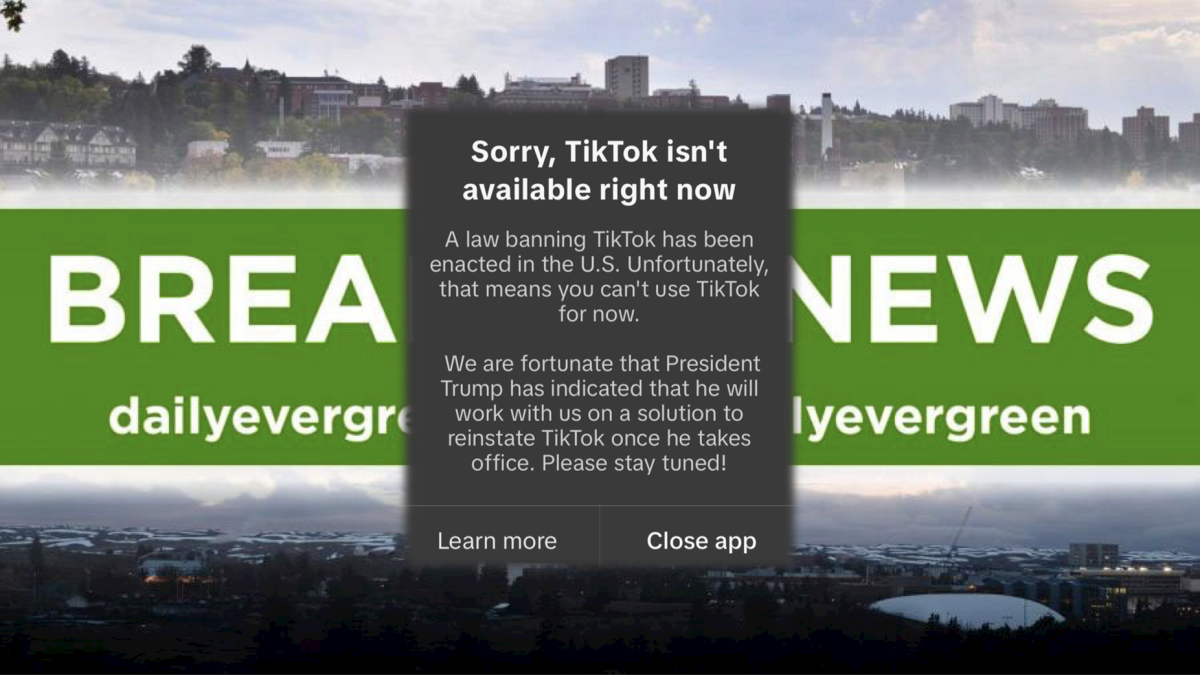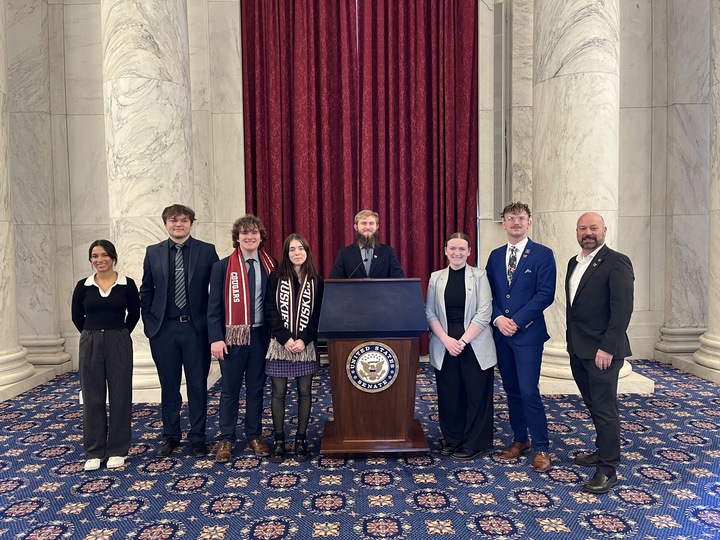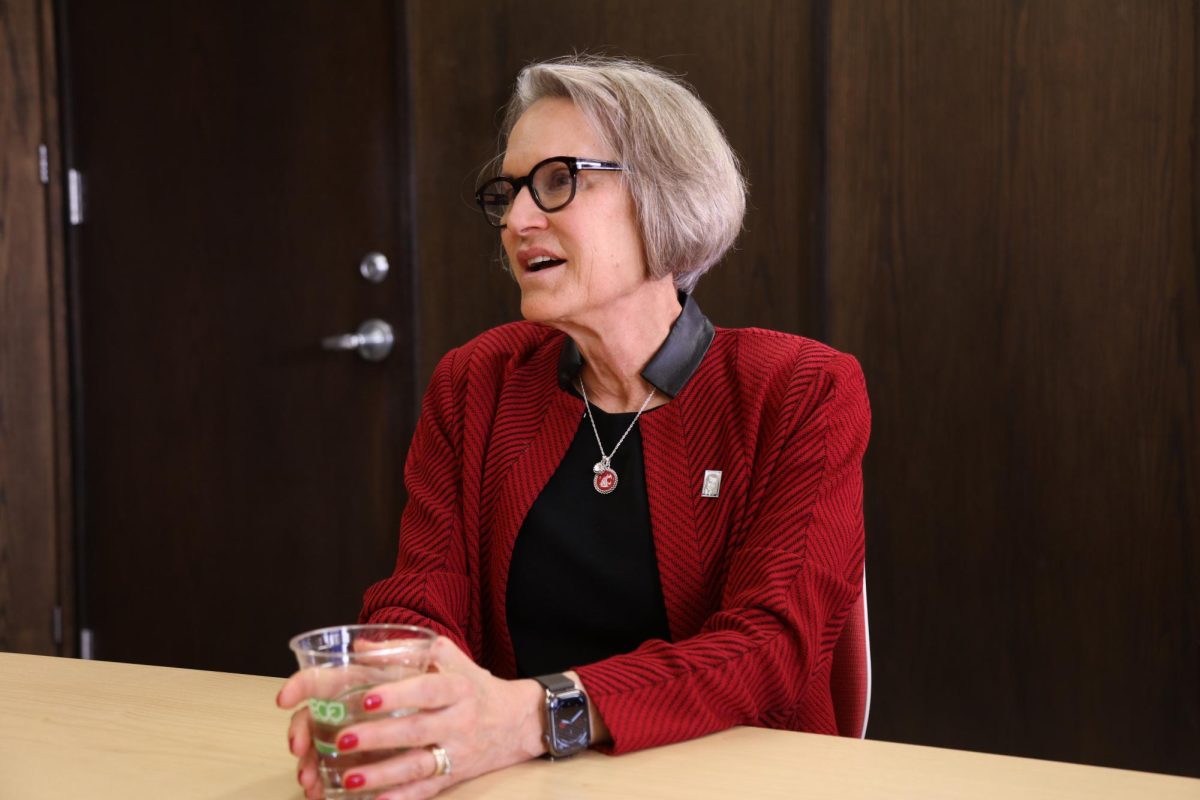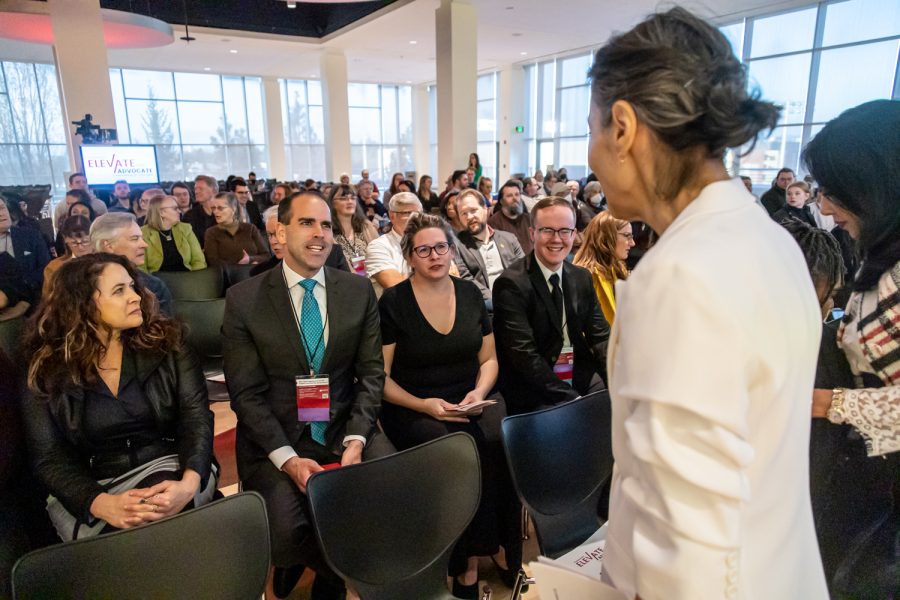U.S. users of TikTok briefly lost access to the platform Saturday evening ahead of the Jan. 19 deadline. This came after the Supreme Court ruled Friday that Congress’ TikTok ban is constitutional, despite widespread First Amendment concerns.
In a message displayed to U.S. users, TikTok appeared hopeful it would be able to continue operations in the U.S. shortly.
“A law banning TikTok has been enacted in the U.S.,” TikTok said. “We are fortunate that President Trump has indicated that he will work with us on a solution to reinstate TikTok once he takes office.”
Users reportedly began regaining access early next morning. TikTok’s brief shut down in the U.S. comes amidst uncertainty over whether the incoming Trump Administration will enforce the ban or successfully convince Congress to repeal it.
President-elect Trump is set to resume office on Jan. 20, a day before the U.S. law was set to take effect. Having first been elected in 2016 and losing his bid for reelection in 2020 before winning a second term in 2024, Trump joins Grover Cleveland as the only U.S. presidents to win two nonconsecutive terms.
Going into his second term, Trump will bear the title of a lame-duck president. A lame-duck president is one who through choice, a lost election or ineligibility will not be serving another term.
Trump has signaled he is considering working to save TikTok, a platform he tried to ban in 2020. As a lame-duck president, it would be unusual to see him potentially bend to the court of public opinion.
Though Trump can not directly do anything about the ban itself, he can issue a 90-day extension for TikTok to find a buyer. However, any extension would likely just be kicking the can down the road as TikTok has already indicated no interest in parting ways with the app and their coveted algorithm.
Trump can also encourage Congress to repeal the ban, but given the overwhelming bipartisan support for the ban, which passed 352-65 in the House and 79-18 in the Senate, it is unlikely Trump will have much luck.
Not only do Republicans have a slim majority in both chambers, but even die-hard Trump loyalists have already indicated no interest in budging. When asked how he felt about TikTok CEO Shou Chew attending Trump’s inauguration on Jan. 20, Senator Josh Hawley, R-MO, put his feelings simply.
“It’s not my favorite thing,” Hawley said. “Not my favorite thing.”
Despite a firm congressional stance on TikTok, the verdict from the court of public opinion remains out, demonstrating the American people have not totally bought on to the government’s claims.
Andrew Jezek, a first-year mechanical engineering student, said while he is generally on the fence, he believes banning anything is a slippery slope, especially when censoring something just because of its origin. However, he also said while the evidence has not convinced him there is enough of a threat, that doesn’t mean there isn’t one.
“I bet you it’s probably something that’s under the books a little bit and that they already seen the issue and they’re just not allowed to talk about it in a public hearing,” Jezek said. “So I wouldn’t doubt it, I think the evidence they have given is kinda bad, but I think that there is a lot more pieces at play that we’re just straight up not allowed to see right now.”
Jezek said while he believes in less regulations, there is a time and place for scrutiny. If there is a genuine national security risk, then that could outweigh free speech concerns.
Yet, Jezek also said U.S.-based companies like Google and Facebook do much of the same data harvesting TikTok has been accused of. In other words, TikTok’s “spyware” is no more than what Google and Facebook have, and if TikTok was a U.S.-based company, it is unlikely they would be facing the scrutiny they are now.







